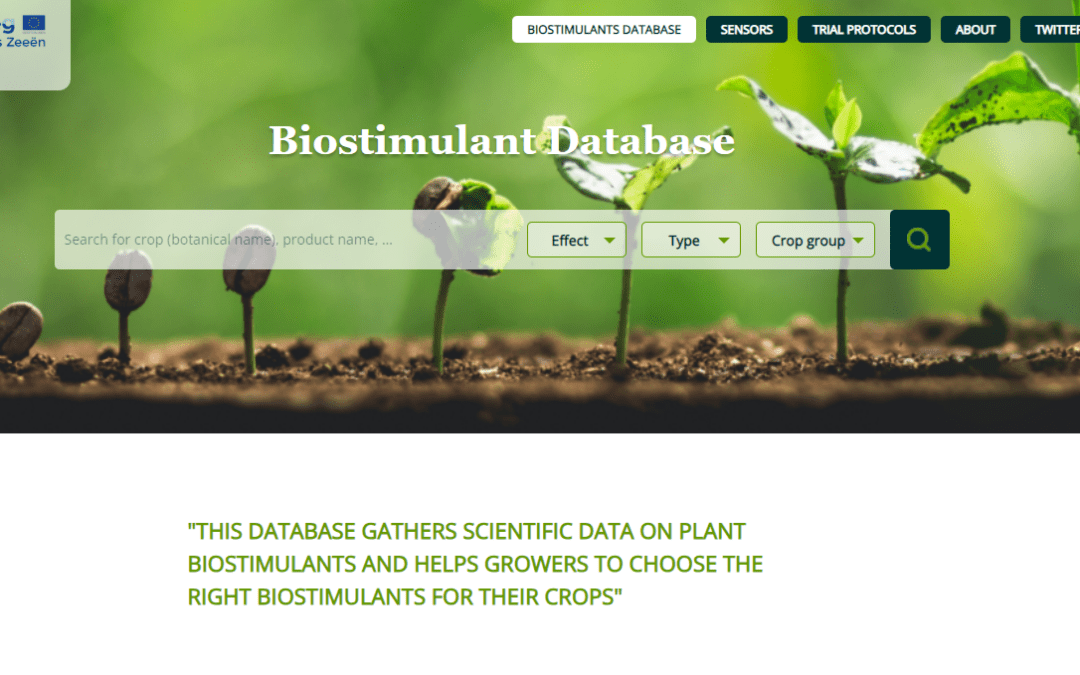An evidence-based database for growers to select suitable biostimulants to support stronger, resource efficient crops
A biostimulant can be defined as a substance or microorganism that, when applied to seeds, plants, or on the rhizosphere, stimulates natural processes in plants which can play a role in optimizing nutrient uptake, enhance resource efficiency, and promote healthier growth and development.
The Bio4Safe project, coordinated by PCS Ornamental Plant Research in Belgium, focused on reducing water and fertilizer use in horticulture by increasing the use of biostimulants and applying innovative plant monitoring tools.
Trials were conducted to pilot the use of a range of biostimulants (including bacteria, plant extract, seaweed-based, fungi and more) on different horticultural crops including berries and small fruit, leafy vegetables, fruit vegetable crops, cereals, field crops, bulb ornamentals, woody ornamentals, annual ornamentals and ornamentals cut flower. Pilot data was generated on the specific uses of various biostimulants for enhanced resource efficiency in horticulture.
From these trials, a free, online biostimulant database and webapp on efficient biostimulants and their effects on horticultural plants was created where growers can find information on the scientifically proven effects of commercial biostimulant products and how to choose the right biostimulants for their crops to produce healthier plants with better root systems while reducing water and fertiliser use.
This database, which can be found here, focused on empowering farmer-led decisions, giving growers the necessary information to make an informed choice of what suitable biostimulant to use on their own crops based on their individual needs and setting.
Find out more about this innovation by contacting Leo at leo@erinn.eu. For more innovations like this, visit our Innovation Hub.





